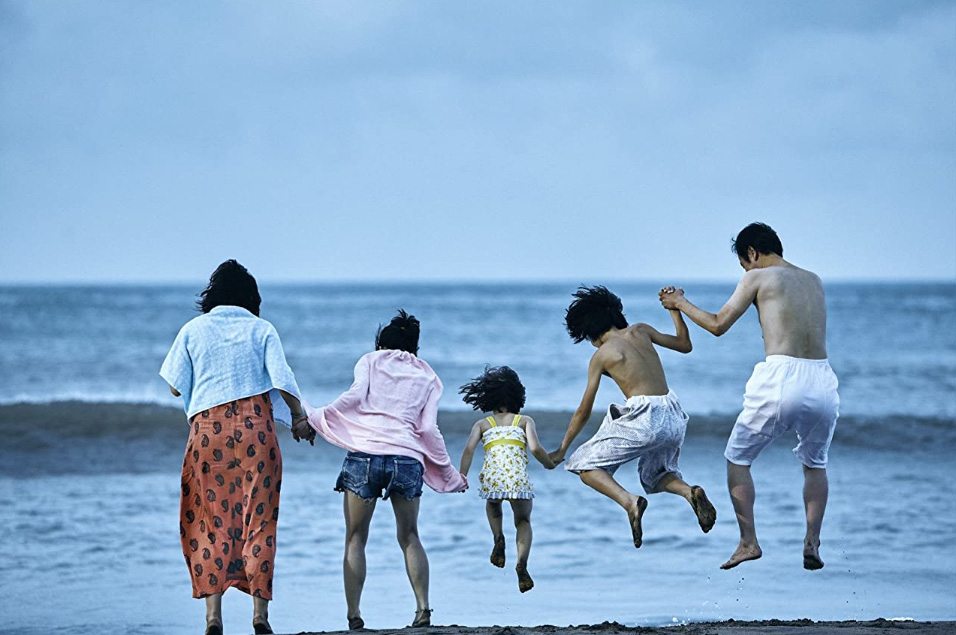Issue:
February 2023
Shoplifters and Parasite challenged the way films portray family life

The Cannes Film Festival’s award-winning films influence Western film production and reflect social trends. Recent years have been no exception. The 2020 Cannes Film Festival was canceled due to the coronavirus pandemic … the following year, the Palme d’Or (top prize) went to Titane, a 2021 surrealistic work that, along with other recent films, emphasizes human connections.
In recent years, many Palme d’Or award-winning films have featured characters who draw on the support of other people in their quest to overcome problems that were not of their own making.

In I, Daniel Blake (2016), the protagonist – an unemployed man – reaches out to a single mother who cannot afford to feed her family. In Parasite (2019), a poor family living in a semi-subterranean apartment in Seoul attempts to survive by exploiting a wealthy family. Both films won critical acclaim for the way they highlighted the wealth gap – in this case in Britain and South Korea – and collective attempt to achieve some sort of social justice.

Titane and Shoplifters feature unconventional families - people who are not related by blood, and who collaborate – by temporarily living together – to offer comfort and solutions to their problems.
In this sense, this “pseudo-family” is a microcosm of society, a minimalist and compelling format employed to depict strong human connections. That does not mean, however, that these stories end happily. Quite the contrary.

Shoplifters portrays a Japanese family that takes in an abused child and then forces her to steal. The sensitive subject of child abuse remains unresolved in the film, but that should not take away from the family’s strength in confronting social injustice.
In Titane, Alexia, the protagonist, is a young girl who disguises herself and pretends to be the son of a man to whom she is not related. Alexia acts as a contradictory energy that transcends the boundaries of biology and gender. In this case, she is not battling an external force, but the contradictions in her own body. Again, the film follows a recent Palme d'Or trend in which characters confront the world with the support of human connections.
The films mentioned in this piece not only emphasize human connections; another common thread is that their protagonists commit crimes. In I, Daniel Blake, the protagonist is accused of destruction of property; in Parasite, of murder; in Shoplifters, of theft; and in Titane, of murder. The protagonists are hardly virtuous, but they nevertheless arouse empathy in people who are moved to help them. These films are about the harsh reality of life, not a rose-tinted view of what life should be like.
Yuto Izawa is a Japanese film critic. He has also been the president of the Special Flower Company since 2011.

